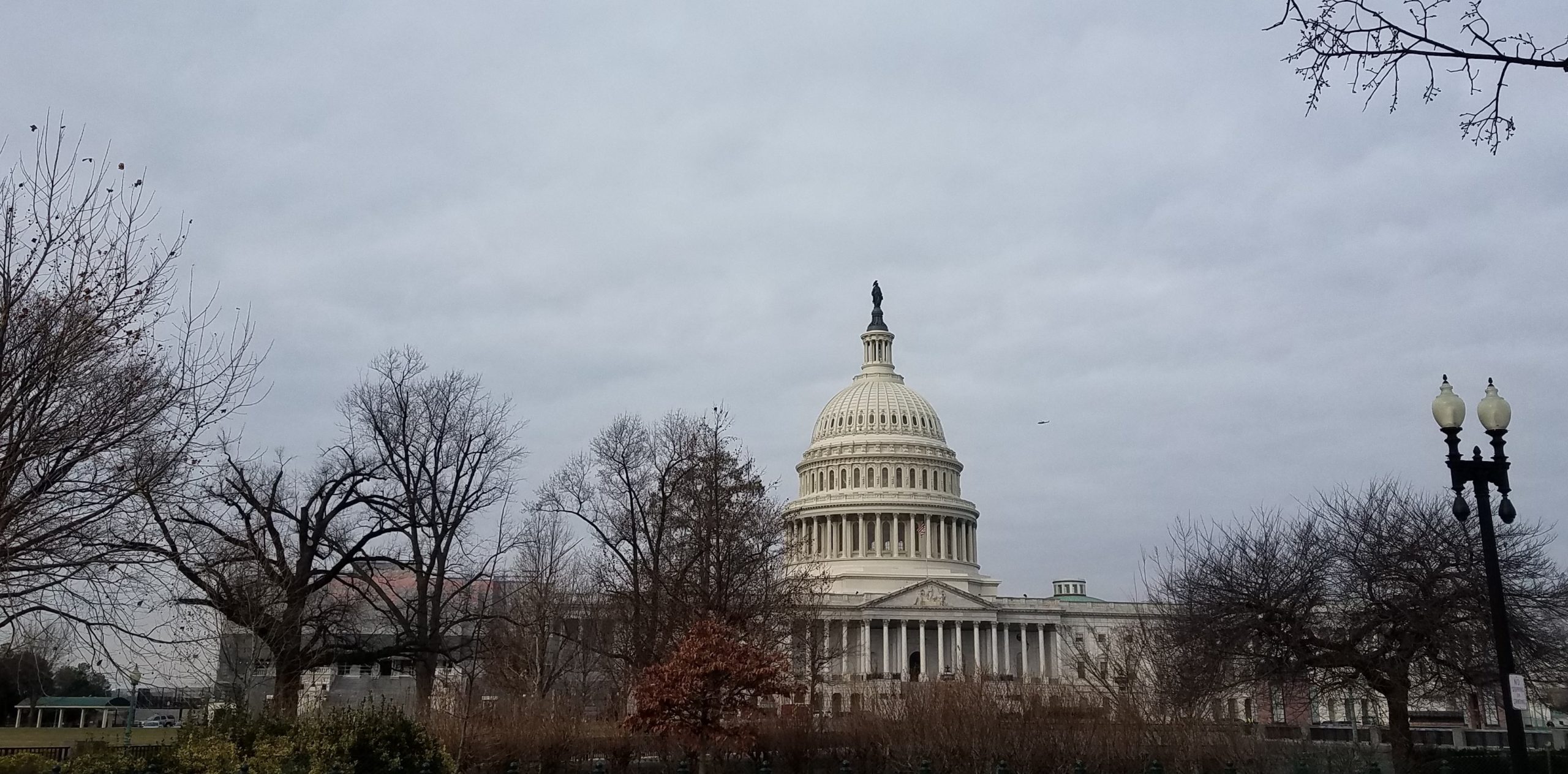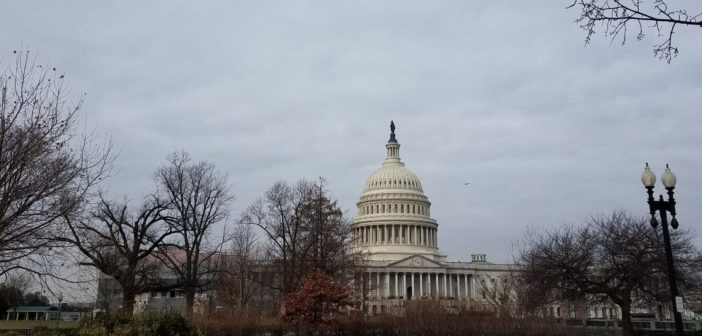By: Alora Peters, Arts and Culture Editor
September 2020 Update:
Joe Biden was officially named the Presidential Candidate of the Democratic Party at the Democratic National Convention, which took place at the end of August. Nominated alongside Biden as his running mate is California’s former Attorney General, Sen. Kamala Harris. On November 3, Biden and Harris will be facing off against President Donald Trump and Vice President Mike Pence, both of whom were nominated by the Republican Party in August at the Republican National Convention.

While COVID-19 originally marked an occasion for these two bitterly opposed parties to unite for a common goal, differences of ideology have left Republicans and Democrats more divided than ever. Democrats are in favor of more restrictive COVID-19 policies, such as a two-month nationwide lockdown, mandatory mask-wearing, and selective stay-at-home orders. In contrast, Republicans have supported easing COVID-19 restrictions, such as allowing public buildings, businesses, schools, restaurants, and religious institutions to safely re-open.
The deadline to register to vote in this important presidential election is October 5. Stay tuned for our upcoming Election Issue this October for news about the election, how to vote, and more!
Original Article:
Last Tuesday marked a crushing defeat for Democratic presidential candidate Bernie Sanders in the three state primary elections that took place March 17.
The Vermont senator only managed to grab 27 delegates in the state of Florida, which was roughly 22.8 percent of the vote. On the other hand, former Vice President Joe Biden, soared—drawing over one million voters and 86 delegates, according to a report by The Washington Post.

Biden scored similarly well in Illinois, with 59 percent of the vote; later snagging just over 43 percent of the vote in Arizona.
Tuesday’s victories meant that Biden has secured 1,180 out of the 1,991 delegates necessary to gain the Democratic presidential nomination, the AP Elections Group reported. Sanders trails behind Biden with only 884 of the necessary delegates, leading many news agencies—including Time Magazine and Bloomberg News—to say that Biden will, in all likelihood, be the Democratic nominee facing off against President Donald Trump in November’s presidential election.

However, while Biden’s campaign celebrates and Sanders assesses his losses, the United States continues to grapple with widespread panic due to the global coronavirus (COVID-19) pandemic, which has affected political proceedings just as much as it has local grocery stores.
The Ohio Democratic primaries, originally scheduled to take place alongside the other three states on Tuesday, were effectively postponed by Governor Mike DeWine, who argued that it was an “unacceptable health risk” and a violation of voters’ constitutional rights to allow voting to proceed in light of the coronavirus.

Currently, the state of Ohio plans to delay their Democratic primary election until June in order to give voters the opportunity to place their votes via mail, according to a Cleveland report.
A number of other states and territories—including Maryland, Wyoming, Louisiana, Puerto Rico, Georgia, and Kentucky—have also made decisions to postpone elections, USA Today reported. Officials hope that delaying the primaries will give voters more time to vote by mail, rather than risk coronavirus contamination by voting in-person.
It still remains uncertain in what other ways the coronavirus may have already affected voter turnout in the Democratic primaries.

According to the Florida Division of Elections, well over a million Democrat voters cast their ballots before the actual March 2020 Election Day, with nearly 700,000 democrat voters utilizing the vote-by-mail option, and another 438,949 attending early voting sessions. This is a sharp increase from Florida’s Presidential Preference Primaries back in 2016, when a little over 520,000 Democrats voted by mail and 369,172 voted early.
Encouraging voters to vote by mail seems to be the way that officials can attempt to slow the spread of the deadly virus, while still allowing U.S. citizens to exercise their constitutional rights. As the unpredictable COVID-19 continues to ravage the globe, many speculate that telling voters in November’s elections to vote by mail may ultimately be the best option.
But, regardless of how the upcoming presidential election is conducted, the coronavirus will inevitably be one of the key influences on voters, as COVID-19 will impact both the Republican and Democratic presidential campaigns.

Since it hit the U.S., COVID-19 has largely disrupted the previously thriving economy, which has been one of President Trump’s major successes while in office. According to Forbes, the Dow Jones stock market index had reached an all-time high back in February but plummeted over 9,600 points on Wed. March 18. Earlier in the week, CNBC reported the Dow had experienced “its third-worst day ever” in terms of largest one-day percentage drops. In other words, the coronavirus has pushed the economy back to its original position when Trump was first sworn into office in 2017..
However, Trump and the economy still have over seven months to bounce back before November’s election. This means that, in the meantime, the Democratic party might have just as much cause for concern as the Republicans.
COVID-19 has stalled political campaigns just as much as it has stalled the economy. Both Biden and Sanders have had to suspend numerous public rallies and close campaign offices, according to the Chicago Tribune, which leaves both candidates with limited virtual and online promotional outlets to draw supporters. Furthermore, the large number of postponed primaries means that the race to nominate a Democratic candidate could possibly be unnecessarily drawn-out while both Biden and Sanders continue to battle for nomination.

On a more positive note, the coronavirus has also marked an occasion for both parties to join forces. Senate Democrats and Republicans collaborated on passing a bipartisan bill that President Trump signed into law Wed. March 19. The bill encompasses $100 billion in aid that will assist with emergency paid leave for workers and provide free COVID-19 testing.





